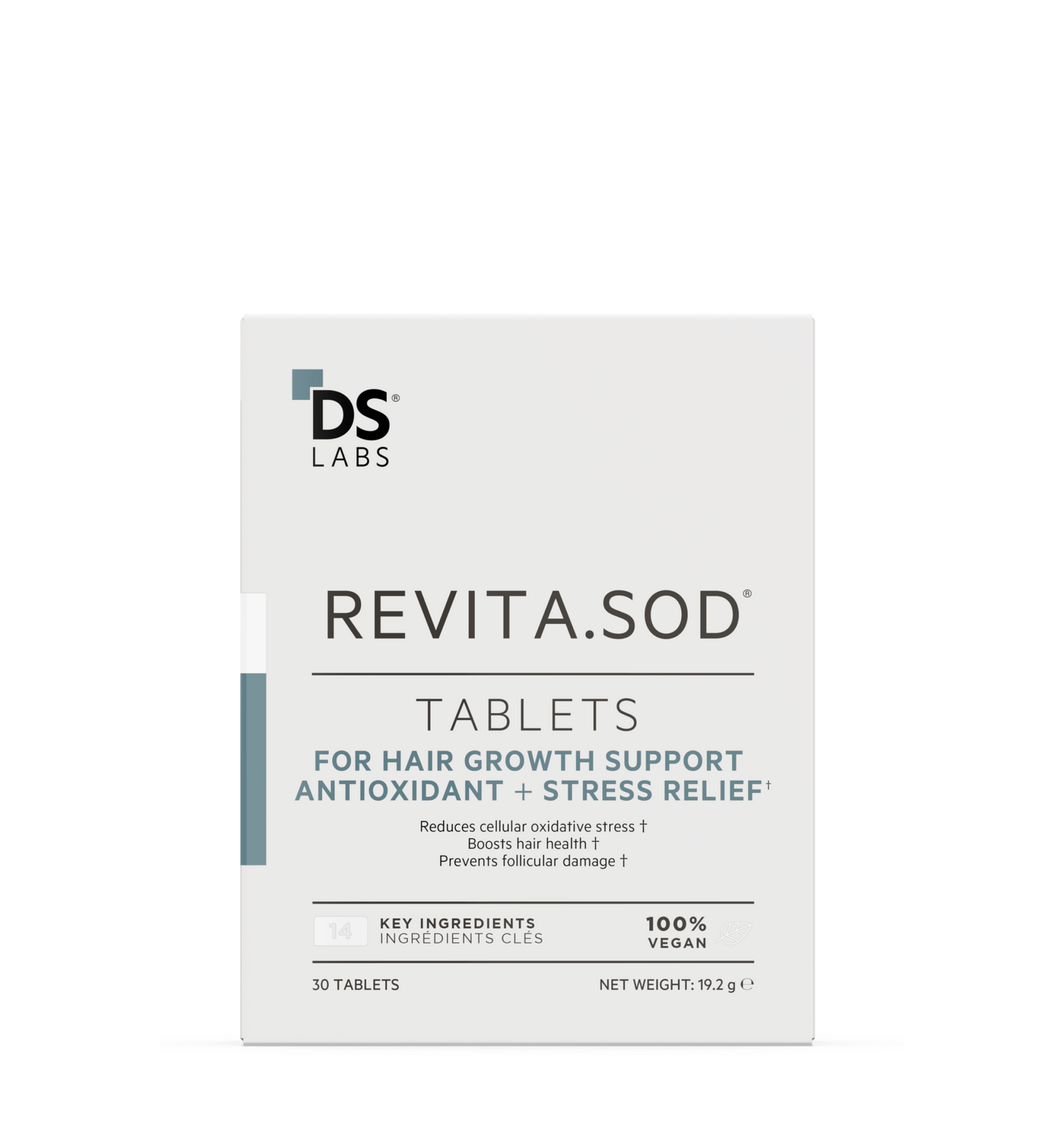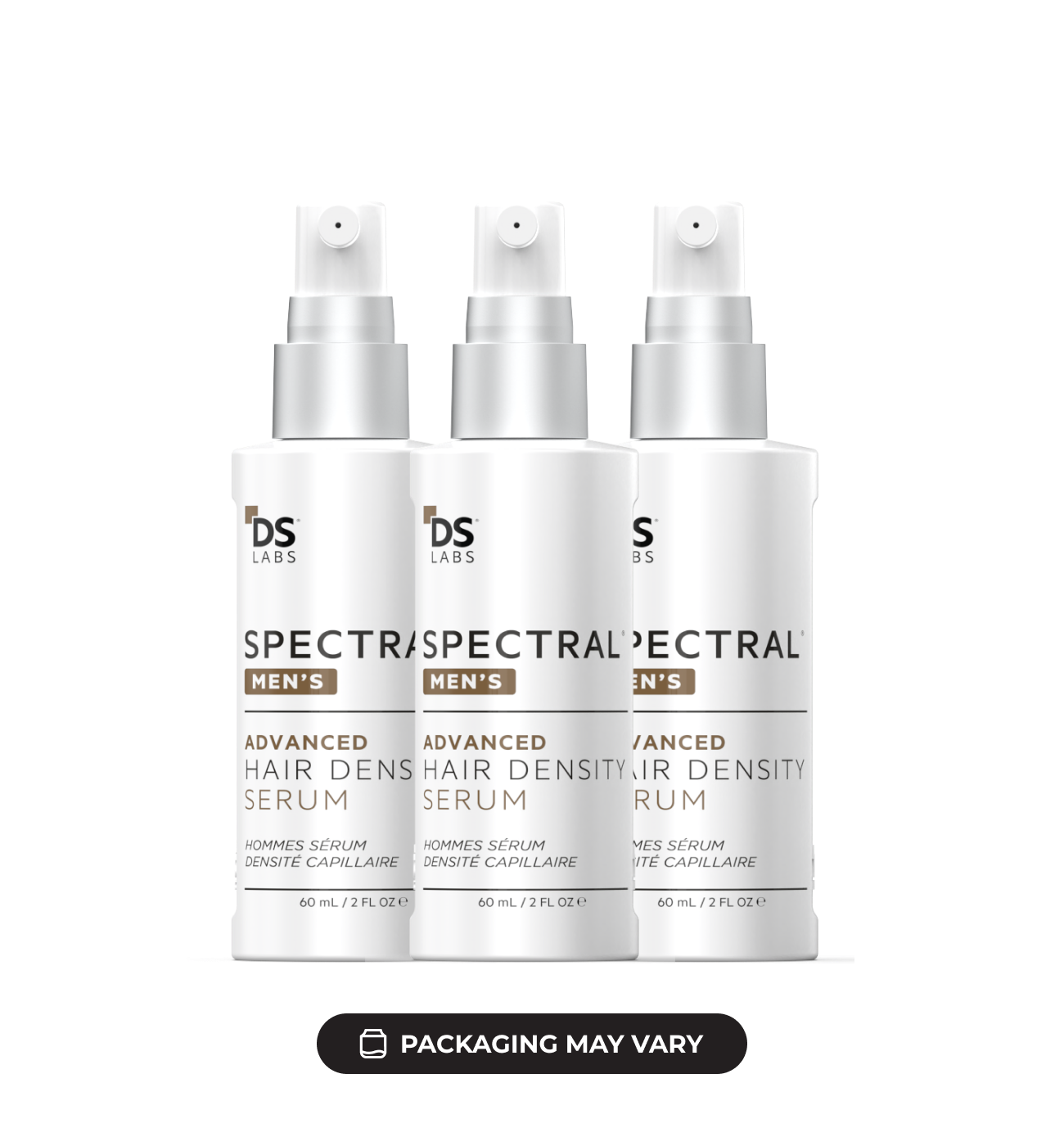Stress is a common factor that can lead to hair loss or thinning, a condition known as telogen effluvium. While many people are aware of the connection between stress and hair loss, there are hidden sources of stress that may not be immediately apparent. Understanding these hidden stressors can help individuals take proactive steps to manage their hair health effectively.
Poor Nutrition
One significant hidden stressor that can contribute to hair loss is poor nutrition. The body undergoes stress when it lacks essential nutrients such as iron, zinc, and proteins. A diet lacking in these vital elements can result in thinning hair. It is essential to ensure a well-balanced diet that includes foods rich in these nutrients to support healthy hair growth.
Chronic Sleep Deprivation
Another hidden stressor is chronic sleep deprivation. Insufficient and disturbed sleep patterns can lead to a range of health problems, including hair loss. Research has indicated a link between sleep deprivation and impaired hair follicle cycling. When the body doesn't get enough restorative sleep, it can affect the normal hair growth cycle, potentially leading to hair loss. Prioritizing quality sleep is crucial for maintaining optimal hair health.
Chronic Illness
Chronic illness can also contribute to hair loss by subjecting the body to prolonged stress. Conditions such as diabetes or autoimmune diseases can disrupt the body's natural balance, leading to various health issues, including hair loss. Hair loss is often observed as a common symptom in individuals with systemic illnesses. Proper management of chronic illnesses and seeking appropriate medical care can help minimize the impact on hair health.
Environmental Stressors
Environmental stressors can also take a toll on hair health. Exposure to pollutants and toxins can burden the body and potentially lead to hair loss. Certain pollutants have been associated with an increased risk of androgenetic alopecia, a common form of hair loss. Protecting oneself from harmful environmental factors and maintaining a clean and healthy living environment can contribute to maintaining healthy hair.
Emotional Stress
Emotional stress is another significant hidden stressor that can affect hair health. Stress from work, personal relationships, or major life changes can have a profound impact on overall well-being, including hair growth. Emotional stress can trigger a condition called telogen effluvium, which causes hair to enter a resting phase and subsequently shed. Finding healthy coping mechanisms, such as exercise, meditation, or seeking support from loved ones, can help manage emotional stress and minimize its impact on hair health.
Medical Treatments
Additionally, certain medications or medical treatments can induce significant stress on the body, resulting in hair loss. Treatments like chemotherapy are well-known for their association with hair loss. It is important to be aware of the potential side effects of medications and treatments and consult with healthcare professionals to explore ways to minimize their impact on hair health.
In conclusion, understanding the various hidden stressors that can contribute to hair loss is crucial for maintaining optimal hair health. By addressing factors such as poor nutrition, chronic sleep deprivation, chronic illness, environmental stressors, emotional stress, and medication-related stress, individuals can take proactive steps to minimize the impact of stress on their hair. Prioritizing a well-balanced diet, quality sleep, stress management techniques, and seeking appropriate medical care are essential for maintaining healthy and vibrant hair. It is always advisable to consult with healthcare professionals for personalized recommendations based on individual circumstances.














